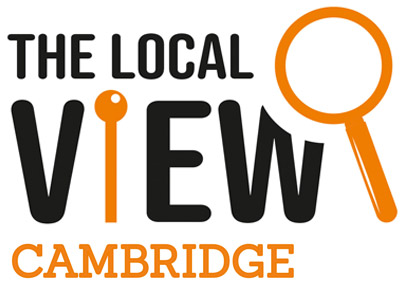Many of us are struggling to maintain our mental wellbeing during the coronavirus (Covid-19) pandemic. In particular, we may be experiencing difficult feelings and emotions. These could be about the government restrictions, losing loved ones to the virus, or even getting sick ourselves.
But we all have monthly payments such as rent or mortgage and utility bills to pay, so many of us continue to work, if we can. However, our worries will also continue, and this can lead to an increase in anxiety at work.
High-functioning anxiety at work is a commonly known issue. If refers to workers who live with anxiety but function reasonably well in different aspects of their life. For instance, behind every perfect presentation and flawless project there could be a huge mountain of worries.
How can you tell if someone has high-functioning anxiety?
A member of staff could be impeccably dressed, with not a hair out of place, and may arrive in the office before anyone. They might look immaculate and ready for the day ahead. In addition, they may appear driven and committed, ready to complete any task and never miss a deadline. Even with a full diary, they are always willing to help others when asked. Nobody would ever believe anything was wrong, because they always portray themselves as being fine.
What their co-workers might not know, though, is that beneath the surface of that seemingly perfect exterior and work ethic, that person maybe fighting a constant case of anxiety. For instance, their nervous energy could result from a fear of failure, of not being good enough, or even about losing their job. Consequently, they are driven to try and be the best in every aspect of their working life.
These characteristics might sound like someone you work with, or even yourself. So let’s look at what someone with high-functioning anxiety might experience or the characteristics others may observe.

Signs of an overachiever or perfectionist – positive characteristics
Characteristics of people with high-functioning anxiety that are often thought of as positive include:
- An outgoing personality. Is happy, a joke teller, and smiles and laughs frequently.
- Punctual. Is able to complete a required task or fulfil an obligation before or at a previously designated time.
- Proactive. Will plan ahead for all possibilities. As Benjamin Franklin said, ‘By failing to prepare, you are preparing to fail.’
- Organised. Makes lists or keeps calendars. Plans things carefully and keeps things tidy in all aspects of their work.
- High achieving. Is dynamic, ambitious, and wants to be as successful as they can.
- Detail-oriented. Is able to pay close attention and notice minor details. Gives a task undivided attention and catches mistakes or errors.
- Active and helpful. For example, they may always volunteer for the coffee run.
- Appears outwardly calm and collected.
- Passionate. Pursues their goals daily with a mixture of enthusiasm and discipline.
- Loyal. Sacrifices time and interests to put more energy into work.
Negative characteristics
On the other hand, characteristics of people with high-functioning anxiety that are often thought of as negatives include:
- A people-pleaser. Is afraid of driving people away; afraid of being a bad friend, spouse, and employee; and afraid of letting others down.
- Talks a lot, including nervous ‘chatter’.
- Has nervous habits, such as playing with their hair, cracking their knuckles and biting their lip.
- Has a need to do repetitive things, such as counting stairs or rocking back and forth.
- Overthinking. Thinks too much about their problems, mistakes or shortcomings.
- Experiences lost time, such as arriving too early for appointments.
- The need for reassurance, such as making sure their employer is happy with their work.
- Procrastination. Delays important tasks, usually by focusing on less urgent, more enjoyable and easier activities.
- Avoiding eye contact.
- An inability to say ‘No’. Always has an overloaded schedule; is constantly busy.
- Insomnia. Has difficulty falling asleep or wakes early and is unable to fall back to sleep.
- Considered ‘difficult to read’; for example they may come across as unemotional or cold.
- Has a limited social life. Turns down invitations to after work activities.
- An inability to ‘enjoy the moment’. Is unable to relax.
- A tendency to compare themselves to co-workers. A feeling of falling short of expectations.
- Mental and physical fatigue.
If you’re concerned about yourself or a colleague and have decided to say something, your options could be:
- See what support may be available from your employer.
- Confide in a colleague you can trust.
- If you see someone in distress or behaving out of character, take them aside discreetly and ask if they’re OK, or if you can help.
- Seek professional help from a doctor or other professional if things are particularly tough.
WORDS Luke Newman





